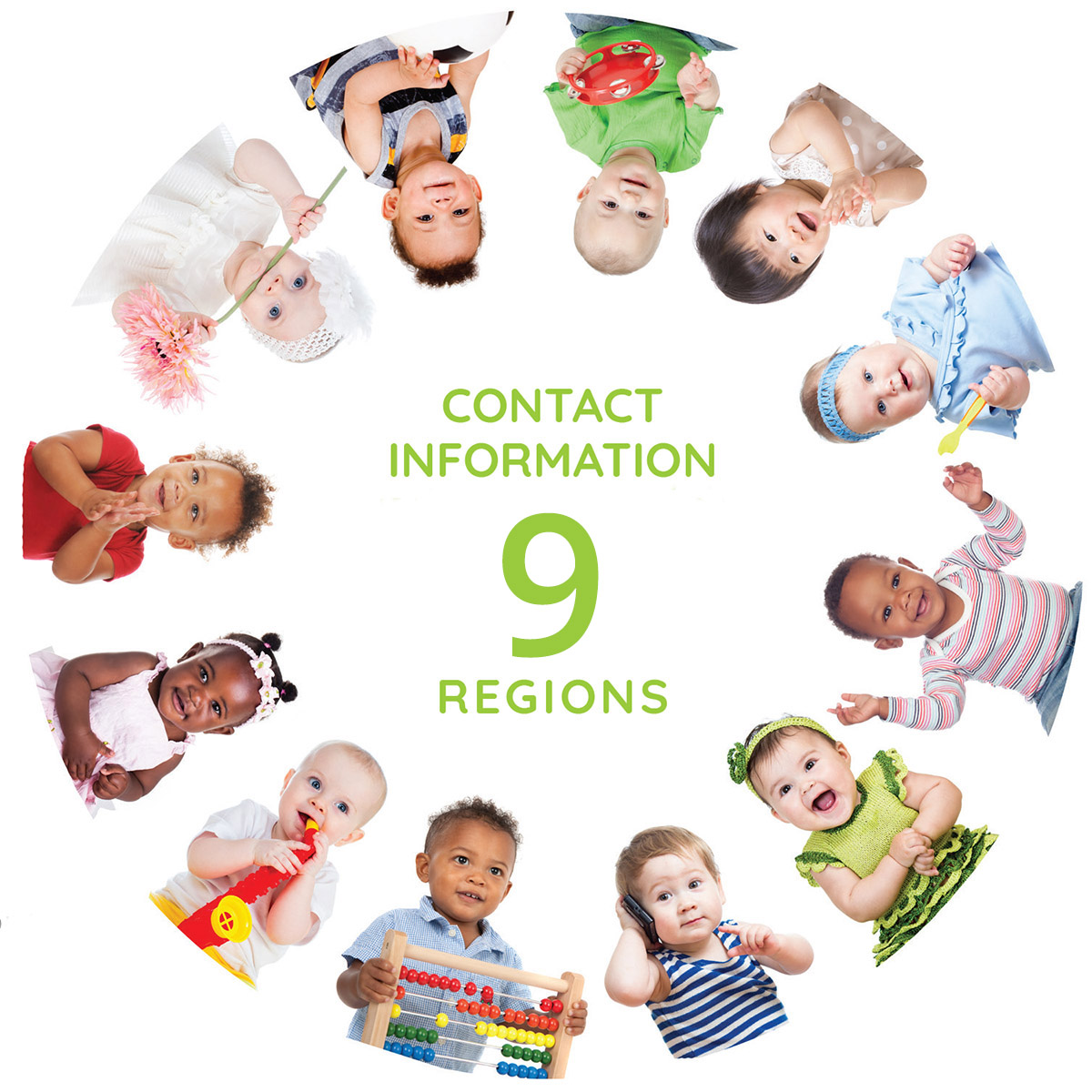Behavior Consultants
For healthy, happy babies & toddlers, good mental health is essential.
Social and emotional wellness plays an important role in everyone’s wellbeing, especially for infants and toddlers. So what is infant and toddler mental health?
“Infant and toddler mental health” refers to how well a child develops socially and emotionally from birth to three. Why is this important? Infant and toddler mental health helps guide the development of healthy social and emotional behaviors, as well as form close relationships, manage and express emotions, and explore their environments and learn.
Caregivers’ understanding of infant and toddler mental health is key to promoting social and emotional wellness in young children. Early life experiences change how brains are built. The experiences children have in the earliest years of life can affect physical and mental health across the lifespan.
The foundations for healthy development include sufficient nutrition, a safe and stimulating environment, and warm, supportive interactions with caregivers. Child care providers and parents can increase the likelihood of healthy social emotional development and skills by understanding:
The social and emotional development of children
Ways to model, interpret, and manage various emotions and behavior
Have a letter of support from their employer.
How child care providers and parents understand and express their emotions
Increased training in infant and early childhood mental health is necessary. Through training, child care providers can create the trusting, secure, and stable environment needed to help develop good mental health in infants and toddlers. This also helps parents to continue to build healthy social and emotional wellness at home.
Our Infant and Toddler Behavior Consultants (ITBC) work regionally throughout the state.
They provide coaching, mentoring, parent education, training, and technical assistance, as well as child observations and developmental screenings.
We promote infant and toddler mental wellness by providing training and coaching on social emotional development and screening of infants and toddlers. We help assess social emotional learning environments by providing observations and consultations on implementing strategies that promote the positive social emotional development of infants and toddlers.
Lastly, we focus on intervention by providing consultation to address specific issues related to individual children who may be displaying challenging behaviors.

Child care providers can receive
training on how to:
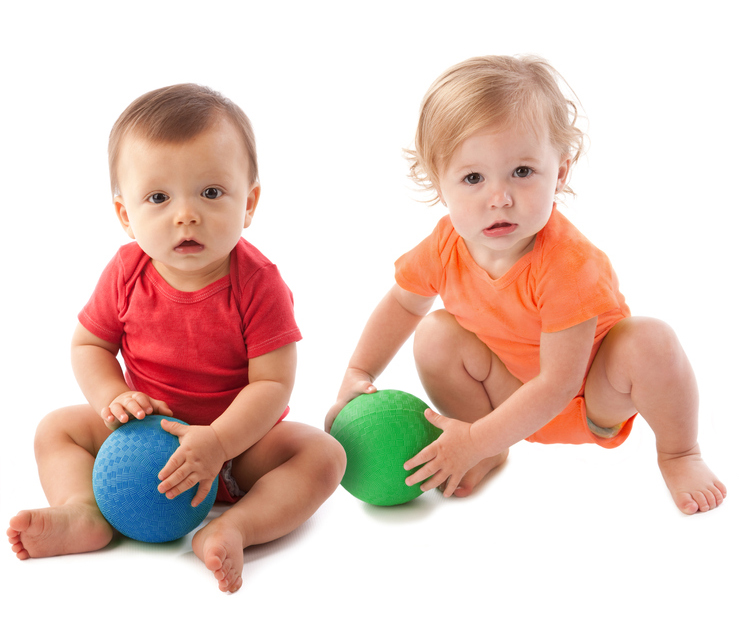
Foster social emotional development
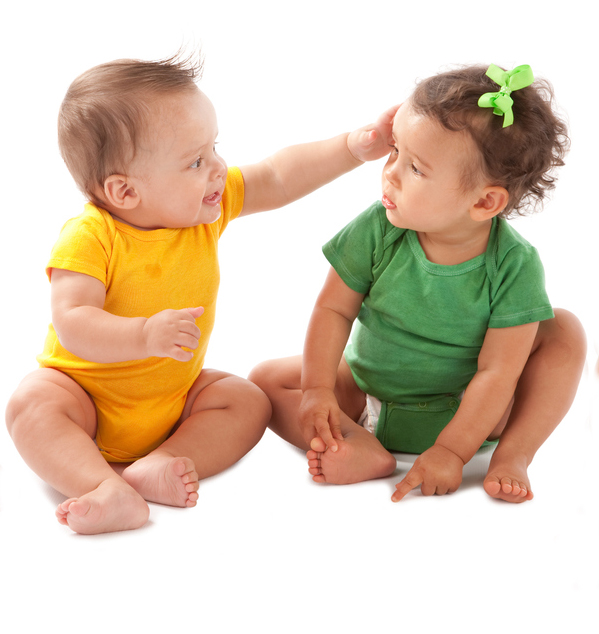
Strengthen responsive and nurturing relationships
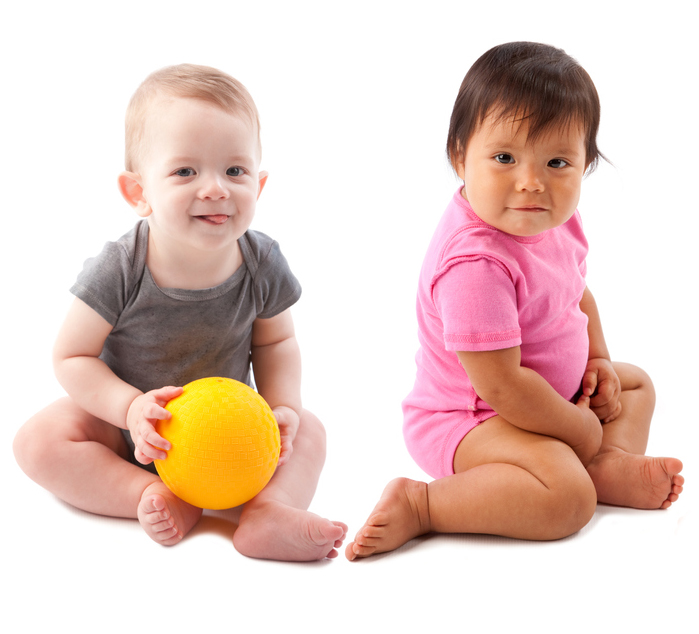
Promote staff wellness and team building
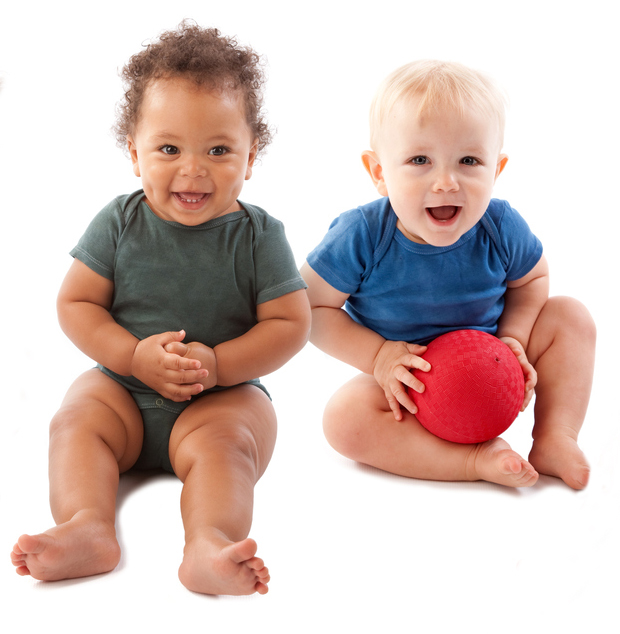
Support a young child’s emotions and challenging behaviors
Through training, child care providers will learn how to encourage infants and toddlers to express and regulate emotions, solve problems, develop positive relationships and focus on tasks. The long-term goals are to assist children in developing secure attachments, preparing for academic success, and helping to prevent challenging behavior and later mental health issues.
A Secure Parent-Child Relationship
Visit eclkc.ohs.acf.hhs.gov Now
Throughout the first five years of life, children draw on a secure relationship with their parents as they learn and develop in every way.
Encouraging Strong Parent-Child Relationships
Visit eclkc.ohs.acf.hhs.gov Now
A strong relationship with a parent promotes a child’s development, learning, and increased school success. Explore strategies to encourage strong and positive parent-child relationships. Discover how to use family engagement efforts that include valuing, respecting, and supporting families. Learn how a supportive relationship with a parent also helps children learn how to manage emotions, cope, problem-solve, and resolve conflicts.
Family Resources on Remote Service Delivery and Distance Learning
Helping Children Cope with Emergencies
Helping Your Child During the Pandemic
Supporting Children and Families During the COVID-19 Pandemic
IECMHC Toolbox
The Infant and Early Childhood Mental Health Consultation (IECMHC) toolbox offers information about the latest research and best practices for IECMHC in infant and early childhood settings where consultation occurs, such as home visiting, early care, and education. It also includes resources and strategies on best practices to help fill the gap in areas where additional guidance is needed to advance the field of IECMHC.
News You Can Use: Mirroring the Early Parent-Child Bond for Infants and Toddlers
Visit eclkc.ohs.acf.hhs.gov Now
Learn about the importance of supporting early bonding and attachment child-parent relationships and child-caregiver relationships. Explore strategies useful for Head Start and Early Head Start center-based, home-based, and family child care program options.
Parent-Child Relationships Infographic
Visit eclkc.ohs.acf.hhs.gov Now
View an infographic: Caring and responsive parent-child relationships help children to thrive in school and in life.
Problem Solvers at Home
Seven Super Things Parents and Caregivers Can Do
Visit eclkc.ohs.acf.hhs.gov Now
There are a number of things that parents and caregivers can do to help motivate young children to learn. These activities offer parents and caregivers tips on getting children involved in reading and learning.
